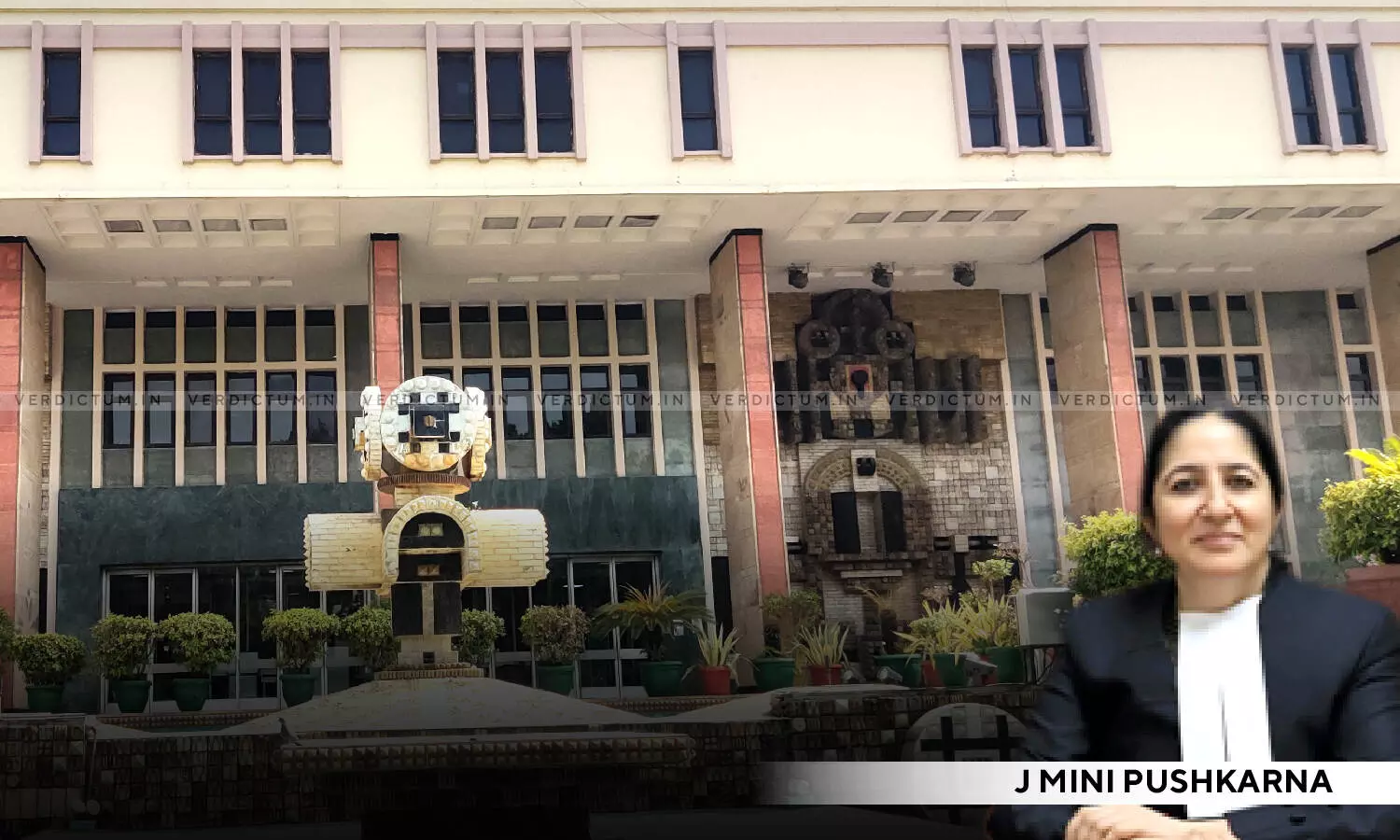
Exclusion Of Urban Population Of Two Delhi Districts For Admission To Jawahar Navodaya Vidyalayas Is Arbitrary: Delhi HC
 |
|The Delhi High Court has observed that the exclusion of the urban population of the Central and New Delhi Districts for admission to Jawahar Navodaya Vidyalayas (JNVs) is totally arbitrary, discriminatory, and unreasonable.
The Court noted that the urban population of the said two districts has every right to be treated at par with the urban population of other districts of Delhi for grant of admission in the JNVs under the 25% quota.
A Single Bench of Justice Mini Pushkarna held, “… when Delhi itself has only 2.5% population as rural population, exclusion of New Delhi and Central Districts for the purposes of admission in JNVs, is totally unreasonable, as the urban population in the New Delhi and Central Districts has every right to be treated at par with the urban population of other districts of Delhi for grant of admission in the JNVs under the 25% quota of urban population. … Exclusion of the urban population of the Central and New Delhi Districts for admission to JNVs, is totally arbitrary, discriminatory and unreasonable.”
The Bench further noted that while the New Delhi and Central District have 100% urban population, other districts viz. North East, East, West, and South Districts have more than 99% of the urban population.
Advocate Naushad Alam represented the petitioner while Advocate S. Rajappa represented the respondent.
Facts –
A plea was filed by a minor through his father with a prayer for setting aside and quashing the letter issued by the respondent to the father of the petitioner. By way of the said letter, admission of the petitioner in Class VI in JNV was cancelled by the respondent on the ground that the petitioner was outside the district and thus, not entitled to admission in the said school.
The petitioner belonged to a Scheduled Tribe (ST) category and an economically and socially weaker section of the society as the father of the petitioner was a taxi driver. The petitioner was asked to come to the respondent school and complete the admission formalities and after completion of all the formalities including the medical test, the petitioner was admitted to JNV but subsequently, received a letter of cancellation of the admission.
The High Court after hearing the contentions of both parties asserted, “When the scheme of the admission to the JNVs itself stipulates admission of the urban population to the extent of 25% of the quota, then similar opportunity of applying for admission under the quota of urban population has to be given to the urban population of all the districts. … the classification on the basis of urban/rural has no relevance for the reason that in the JNVs, 75% seats are reserved for rural population and 25% seats are for urban population.”
The Court further said that the respondent itself has not been following the eligibility criteria for admission to students only from the same district, and has been allowing admission to students across different districts in Delhi in the two JNV schools.
“The petitioner has categorically stated truthfully that he has passed Class V from Atal Adarsh Boys Vidyalaya at Mandir Marg. The petitioner has also correctly filled the form showing his district/block as New Delhi. The location of the school has also been indicated in urban area, which is again correct information”, observed the Court.
The Court held that the decision of the respondent in excluding the Central District and New Delhi District from the ambit of admission to JNVs and the decision of the respondent to cancel the admission of the petitioner is totally unjustified and untenable.
“The objective of establishing the JNVs is to provide good quality and modern education to the children predominantly from rural areas in India, targeting gifted students who lack access to accelerated learning due to financial, social and rural disadvantages”, asserted the Court.
The Court, therefore, said that the petitioner claiming a seat as a candidate from an urban area is fully entitled to be granted equal opportunity as other candidates from urban areas of different districts in Delhi.
“… we must bear in mind the noble objective of establishing these JNVs to open the doors of education to socially and economically marginalised population of our country and the said noble object cannot be overlooked”, the Court also said.
The Court concluded that the respondent is bound to ensure that the policies framed by it are neither discriminatory nor arbitrary and it is the bounden duty of the Government to follow a policy that provides equal opportunity to all its citizens for education and admission to educational institutions. The Court further directed that the petitioner shall be granted admission in the next academic session.
Accordingly, the Court allowed the plea and set aside the decision of the school.
Cause Title- Sirjeet Kumar Minor v. Jawahar Navodaya Vidyalaya Mungeshpur (Neutral Citation: 2023:DHC:1945)